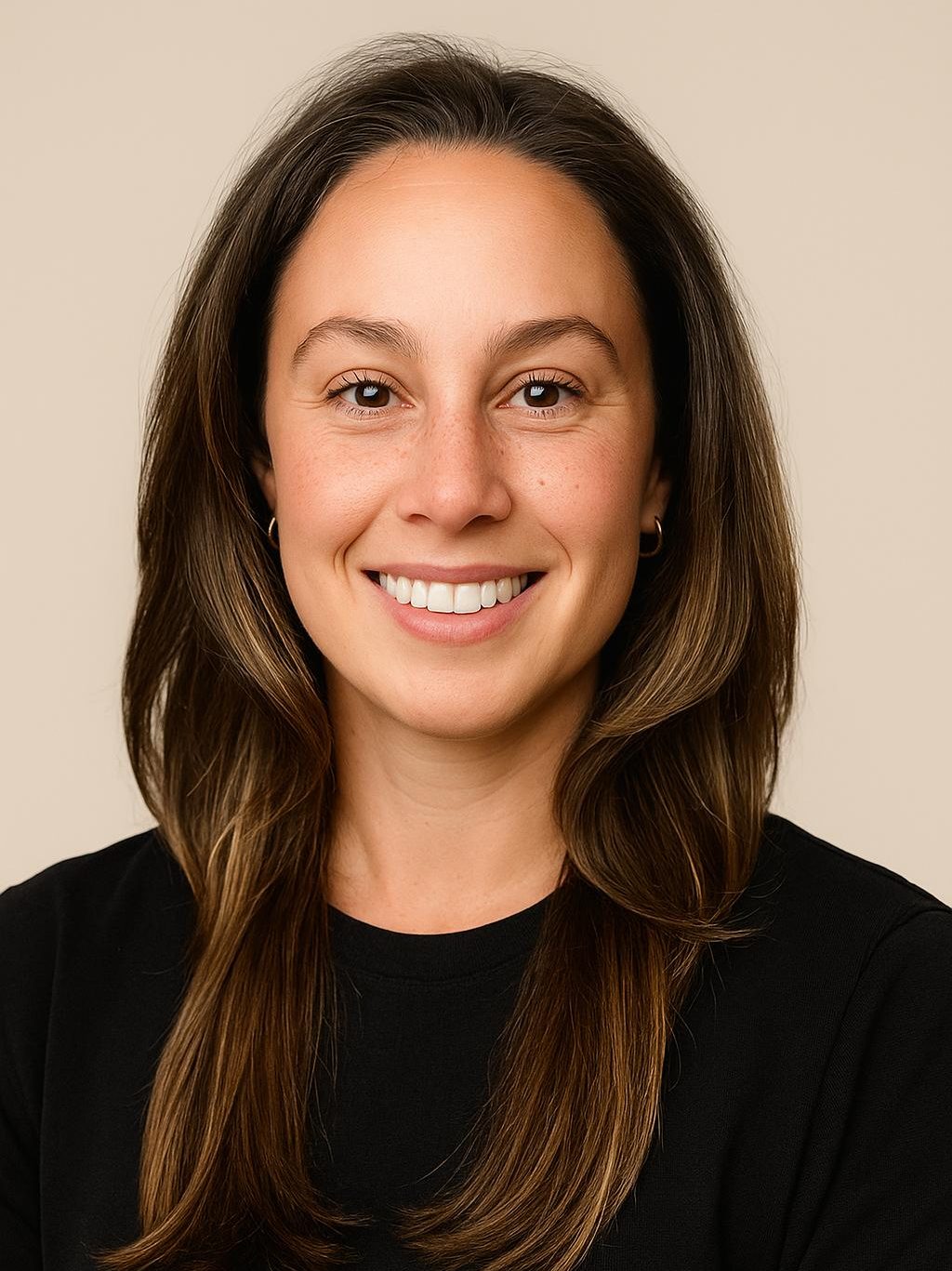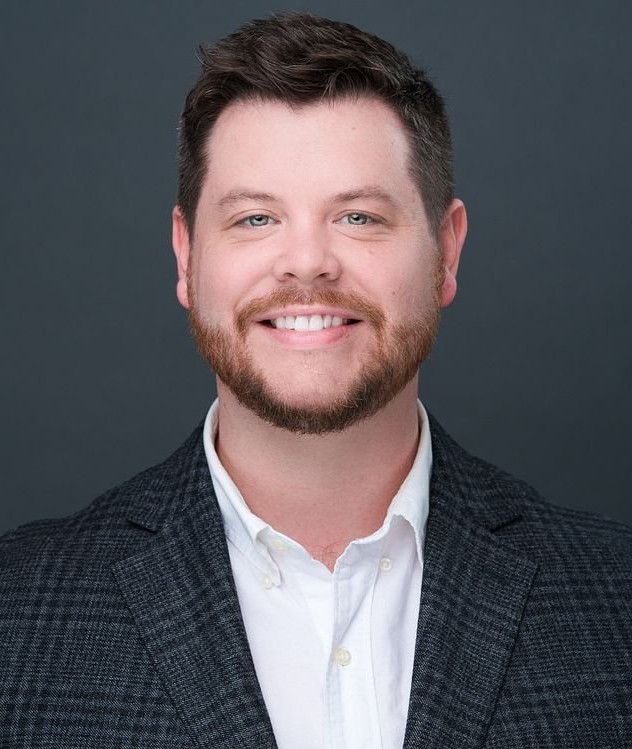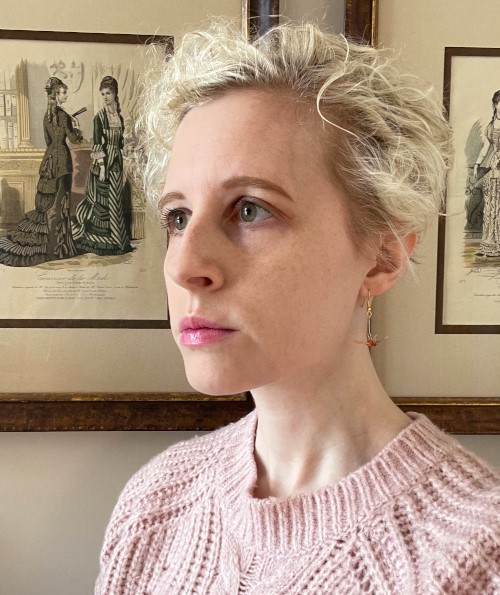2025 Viscount Bennett Scholarship Recipients
The Law Society of Alberta is pleased to congratulate Alexandra Lyn, Jacob Schweda and Rachel Weary, this year’s recipients of the Viscount Bennett Scholarship.
The Viscount Bennett Scholarship is funded through a trust established by the late Right Honourable Viscount Bennett. It was put in place to encourage a higher standard in legal education, offered to support those interested in pursuing post-graduate studies in law. This prestigious accolade is awarded to individuals with an exceptional academic record and a clear dedication to contribute to their community through the practice of law.
Alexandra Lyn
 Like many students, Alexandra Lyn didn’t always know what career path she was destined for. It wasn’t until her Bachelor of Engineering at the University of Guelph that she discovered her interest in regulation and policy, which eventually led her to law school. Ultimately, her open mind and interdisciplinary exploration has resulted in a career that has placed her at the forefront of some of the most pressing issues in the legal, business and technology space.
Like many students, Alexandra Lyn didn’t always know what career path she was destined for. It wasn’t until her Bachelor of Engineering at the University of Guelph that she discovered her interest in regulation and policy, which eventually led her to law school. Ultimately, her open mind and interdisciplinary exploration has resulted in a career that has placed her at the forefront of some of the most pressing issues in the legal, business and technology space.
Lyn was keen to dive into further academic pursuits and took her time to discover her true passion in the legal landscape. In addition to her Bachelor of Engineering, Lyn completed her Master of Business Administration and law degree at the University of Ottawa, and then went on to achieve her Master of Laws (LLM) with high honours at the University of California, Berkeley. She developed an affinity for academia and research, learning that this is where she wanted to end up in her career.
Now, Lyn is thrilled to begin her PhD at the University of Calgary’s Faculty of Law. The focus of her doctoral studies will be a continuation of her current research program, which began during her LLM: the intersection of Artificial Intelligence (AI) and the law.
“The rapid proliferation of AI and progression of technology is going to be one of the defining issues of my lifetime, and potentially my son’s lifetime. This is an instance where innovation has outpaced regulation. AI is being used in ways that were previously thought impossible and is being used to make very real decisions that can affect individual’s rights,” Lyn said.
In amongst her impressive list of educational credentials, Lyn was called to the New York and Alberta Bar in 2017 and has worked as an Associate, Civil Litigation, at Birdsell Grant LLP, and an Assistant Professor at MacEwan University for several years. She hopes to combine this professional and academic experience to contribute toward a dialogue in Canada and abroad and influence how the regulation of AI unfolds.
“I am thrilled to continue my research at the highest level and immerse myself in a rigorous analytical legal environment with scholars at the pinnacle of their field at the University of Calgary,” Lyn said. “The Viscount Bennett Scholarship is transformative in enabling me to continue my studies. It’s a privilege to study with minimized financial worry and risk.”
Lyn expresses immense gratitude for the support she received from Birdsell Grant LLP, as well as MacEwan University, for her research and work.
Jacob Schweda
 After acquiring his International Baccalaureate (IB) Diploma and years of studying internationally, Jacob Schweda sought to return home to Canada to pursue a caring and helpful profession where he could make a difference. Ultimately, Schweda’s values and interests drew him to a career in law, where he has since earned both his LLB and Bachelor of Civil Law (BCL) from McGill University and his LLM in Labour Relations and Employment Law from York University.
After acquiring his International Baccalaureate (IB) Diploma and years of studying internationally, Jacob Schweda sought to return home to Canada to pursue a caring and helpful profession where he could make a difference. Ultimately, Schweda’s values and interests drew him to a career in law, where he has since earned both his LLB and Bachelor of Civil Law (BCL) from McGill University and his LLM in Labour Relations and Employment Law from York University.
Schweda’s intrinsic motivations for bettering our society continue to shine through his career and academic pursuits and are evident in the focus of his graduate studies: how the law compensates workplace psychological injuries.
“My greatest hope would be that it helps illuminate that there is still very much a double standard between how the law treats physical and psychological workplace injuries,” Schweda said. “Also to highlight why it’s happening, how it’s happening and who it’s impacting.”
Schweda has completed the first year of his PhD in Law at the University of Alberta and will begin his dissertation this fall. Schweda added that this will be the first in-depth country-wide analysis of this topic and will emphasize how current compensation systems impact vulnerable workers, including women, those with disabilities, and racialized and Indigenous workers.
“I think the workplace is an interesting site of tension and power and raises really fascinating questions about justice and fairness.” Schweda explained.
In addition to his full-time graduate studies, Schweda also carries on a part-time sole law practice in Edmonton, primarily in the areas of employment, labour, administrative and human rights law. He also teaches members of a healthcare union about their workplace rights in his capacity as an Educator. Nursing is one of the professions he is interested in taking a deeper look at through his research, where over 90% of nurses are women.
“Because of the nature of the job market and who continues to do what kind of jobs, I think the current system disadvantages, in particular women who have significant care obligations outside of the workplace, and then also tend to be in care-oriented jobs at a higher rate than men or other genders,” Schweda said.
“If my work helps illustrate, illuminate and highlight those concerns and offer some suggestions on how to improve the status quo to reduce those inequities, that will be ideal.”
Being awarded the Viscount Bennett scholarship gives Schweda a financial boost in achieving that goal and a boost of confidence that the research he is pursuing is valued by his peers.
“It gives me the time and space to really focus on my research.” Schweda said. “The PhD lets me go deeper, think more conceptually, and spend a couple of years focusing on one particular issue and going beyond a surface level analysis.”
Rachel Weary
 On paper, Rachel Weary’s academic career is remarkable. With multiple awards and scholarships (including receiving the Viscount Bennett Scholarship for her Master of Laws in 2021) starting as an undergraduate through her current doctoral pursuit, including multiple publications and presentations, Weary’s talent is undeniable. The journey to get there, however, was not conventional.
On paper, Rachel Weary’s academic career is remarkable. With multiple awards and scholarships (including receiving the Viscount Bennett Scholarship for her Master of Laws in 2021) starting as an undergraduate through her current doctoral pursuit, including multiple publications and presentations, Weary’s talent is undeniable. The journey to get there, however, was not conventional.
When a sudden illness struck her father, also a lawyer, in November 2021, Weary was in the midst of her Master’s program at the University of Alberta. Working with her graduate advisor, she was able to meet her academic commitments while taking on her father’s practice while he recovered. Ultimately, Weary stayed on as an associate while continuing her academic work until her father was able to fully return to work.
While that experience was undeniably challenging, Weary attributes her hands-on experience as a practising lawyer as foundational to her continued studies. Now in her first year of the doctoral programme at the University of Alberta, Faculty of Law, Weary’s academic focus is on debt and feminism, relationship debt, and pseudolaw.
“My research explores theoretical understandings of debt and financial abuse, along with practical civil and commercial issues faced by everyday Canadians,” Weary said. “I’ve been able to blend my perspective and experience as a legal practitioner with my research in feminist and legal theory.”
While her abilities and resumé are world-class, Weary’s focus remains on Alberta. Born and raised in St. Albert, the city she still calls home, Weary’s connection to the province combines family and community connections with her interest in Alberta’s particular history with pseudolaw.
“Although my work encompasses all Canadian jurisdictions, the Alberta courts have produced some of the most important case law on pseudolaw and its adherents. This case law will be of vital importance to me as I work towards contributing to Canadian research on pseudolaw.
“The Viscount Bennett Scholarship was of tremendous assistance to me in pursuing my Master of Laws programme and I am honoured to receive this award again for my doctoral work. I look forward to continuing my academic career at the University of Alberta.”
